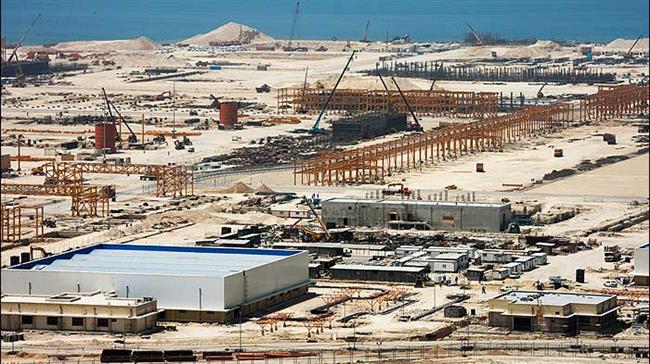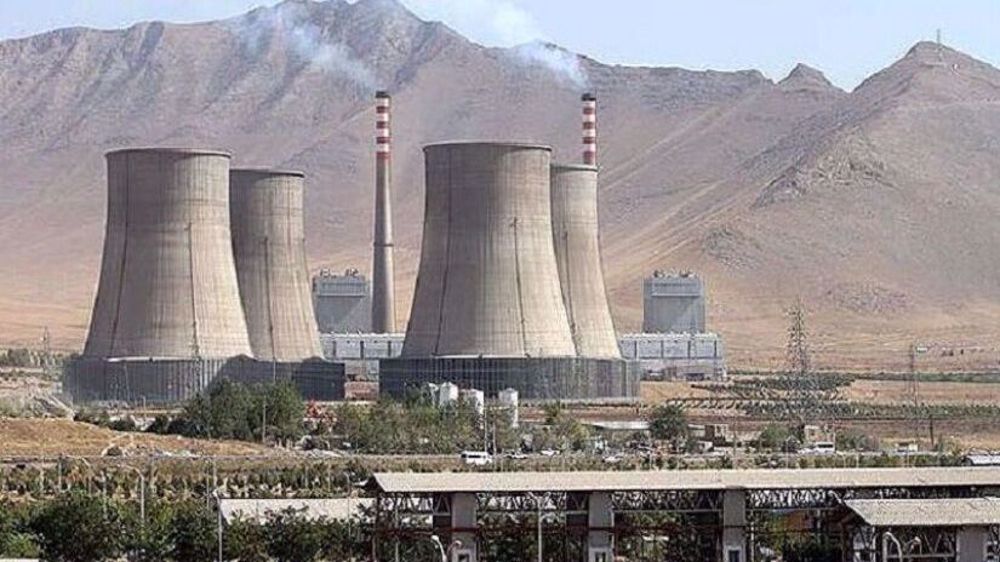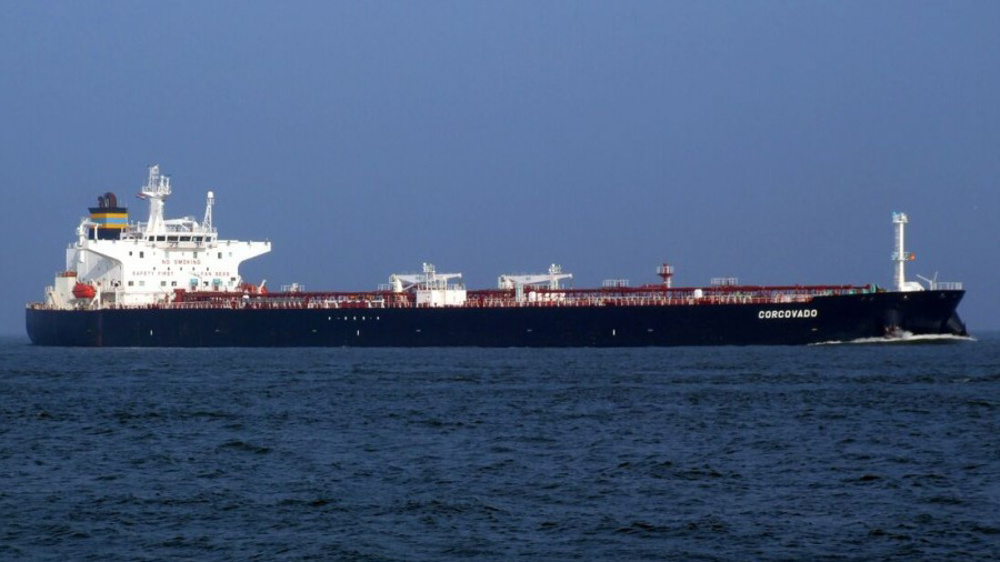Iran replaces China’s CNPC with Iranian company in South Pars: Minister
Iran’s oil minister has said that China National Petroleum Corp (CNPC) has finally been replaced with an Iranian company in development plans for the phase 11 of the South Pars gas field, a project stalled for more two years over American sanctions imposed on Tehran.
“Phase 11 of the South Pars has been sorted out and Petro Pars will expand the phase on its own,” said Bijan Namdar Zangeneh on Sunday, adding that the CNPC had withdrawn from the project.
CNPC had a major share in South Pars phase 11 development scheme, based on a agreement signed in July 2017 that also involved France’s Total and Petro Pars.
Total pulled out of the project last year to comply with unilateral American sanctions imposed on Iran. The CNPC had also suspended its investment which could reach more than $2.5 billion.
Zangeneh said in July that Iran would not tolerate more foot-dragging in the project, insisting that that CNPC should either resume operations at South Pars or pull out of the partnership.
The minister said on Sunday that Iran was capable of developing South Pars on its own as it has done in other phases of the gas field.
However, he said the government signed the mega deal with Total and CNPC two years ago as it believed that Iranian companies would learn from foreigners in the project while it could also inject more foreign investment into Iran’s oil and gas industry.
Zangeneh said that a first jacket would be installed at phase 11 of the South Pars until March to allow mounting a platform for extraction of 500 million cubic feet a day (more than 14 million cubic meters).
The minister said that the Mapna Group, the largest Iranian energy construction and engineering company, would work on the technology needed for a pressure boost platform that had been supposed to be built by Total as part of the previous agreement.
An estimated 14 trillion cubic meters of gas, or more than a third of the total reserves at South Pars, the world’s largest gas field shared between Iran and Qatar, lies in the Iranian territorial waters in the Persian Gulf.
Iran has said that its production from the field would exceed 750 million cubic meters a day until March to outperform that of Qatar for a first time.
VIDEO | Palestine Action keeps winning
Gaza a ‘crucible of suffering’ for civilians: Irish president
Israeli forces kill Palestinian man in raid on occupied West Bank village
Hind Rajab Foundation names Israeli war criminals vacationing after Gaza genocide
'This is cruelty, not war,' Pope Francis slams Israel's brutality against Gaza children
IRGC intelligence forces bust Takfiri terrorist team in western Iran
Syria’s de facto new ruler names Asaad al-Shibani as foreign minister
How 8-year-old Lebanese child Fawaz nixed Ben Gurion’s 76-year-old fallacy












 This makes it easy to access the Press TV website
This makes it easy to access the Press TV website